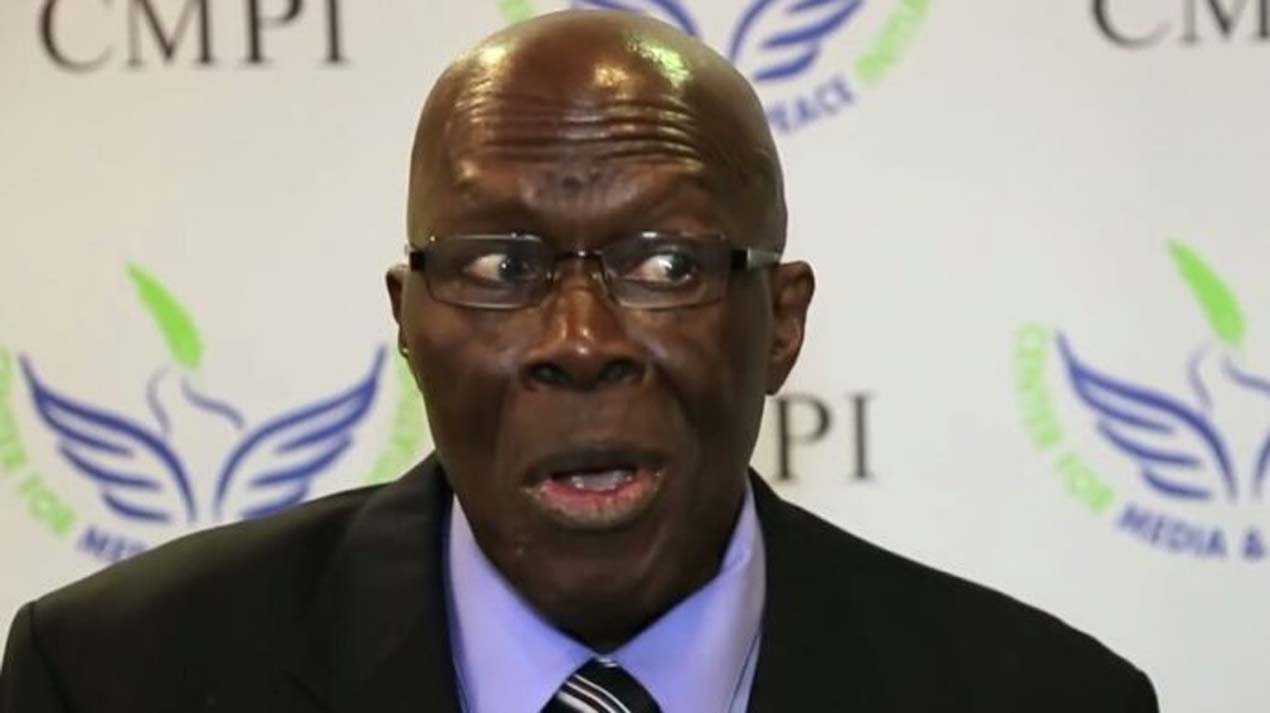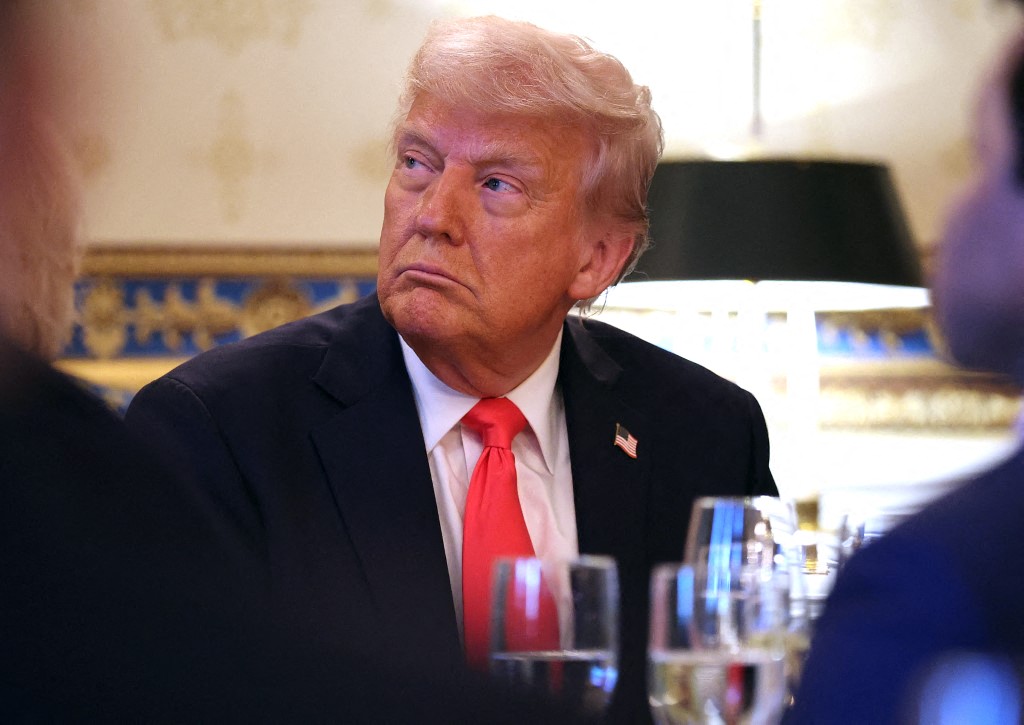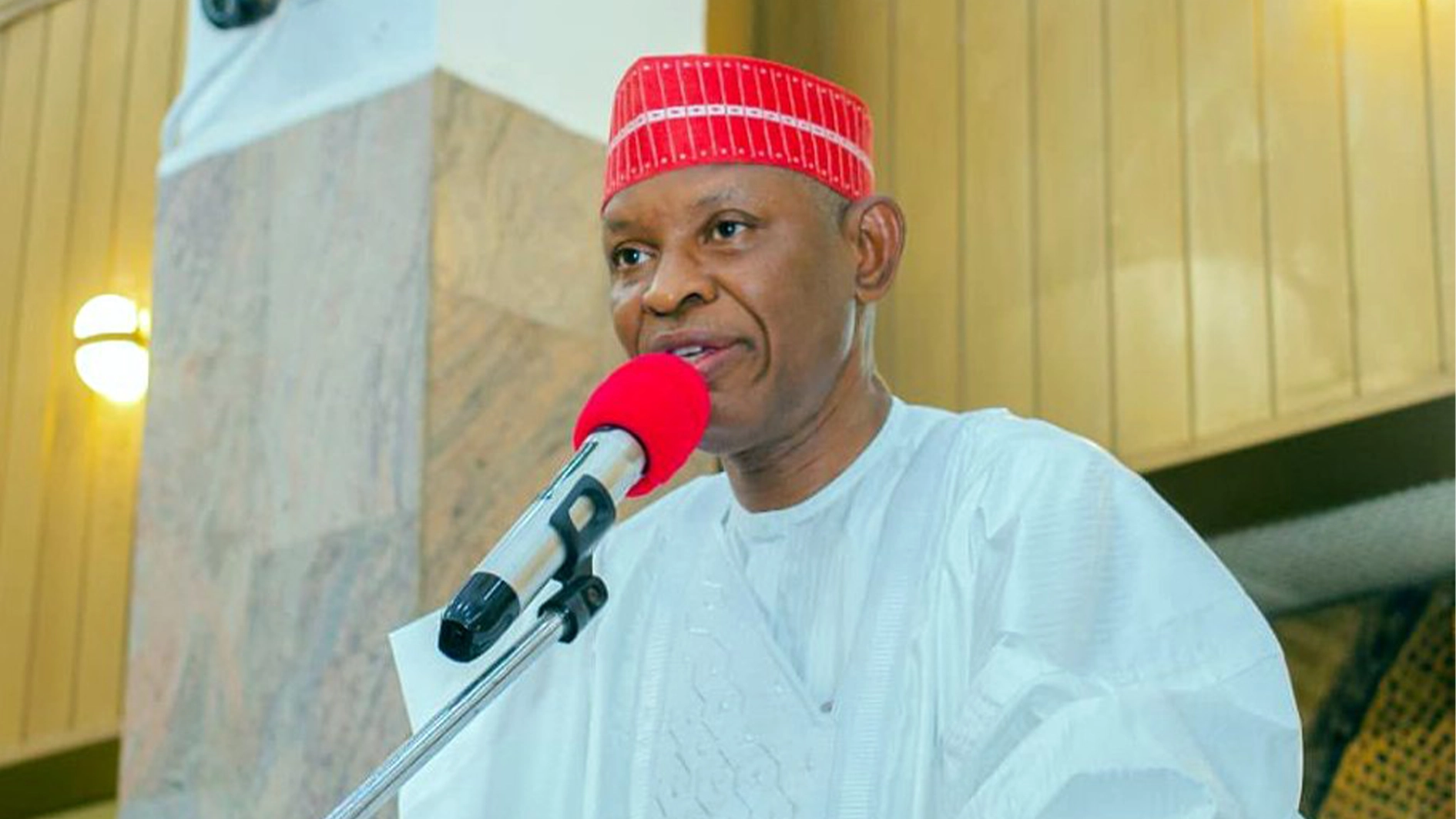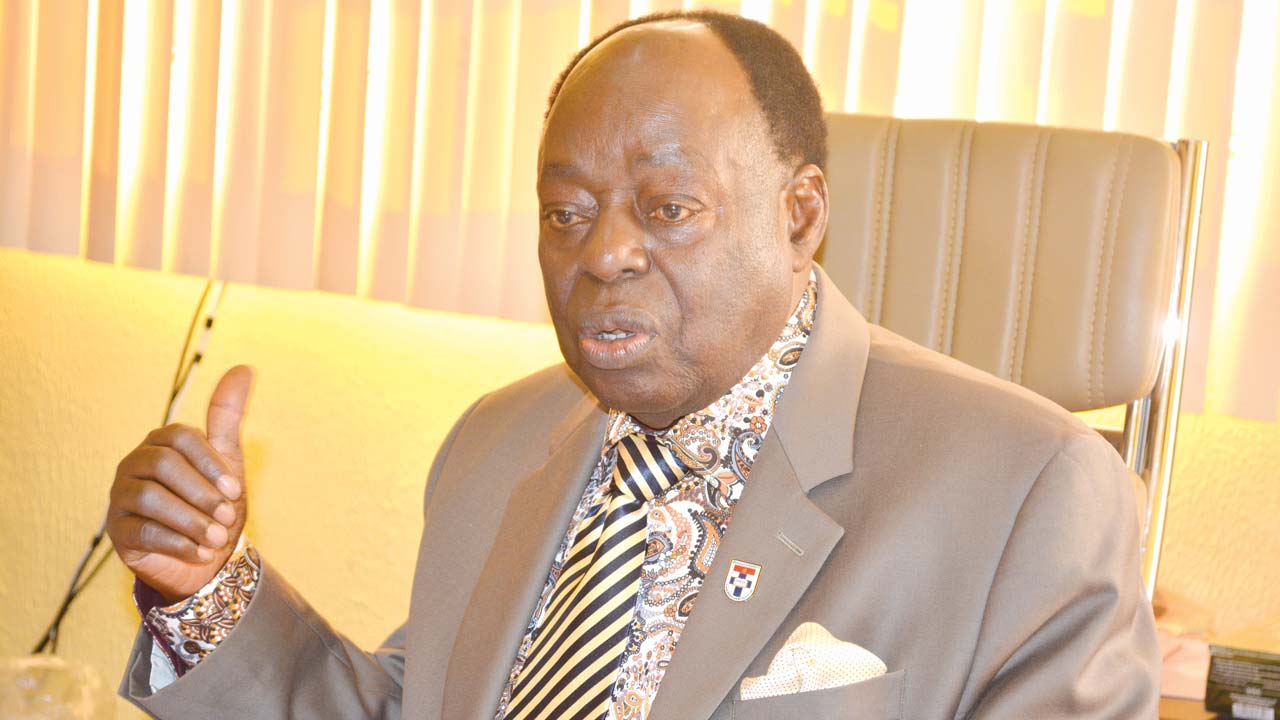
“I think I did something for the worst possible reason – just because I could. I think that’s the most, just about the most morally indefensible reason that anybody could have for doing anything.”- Bill Clinton to Dan Rather on 60 Minutes; June 20, 2004.
Bill Clinton had not found religion as he spoke. He had not found morality either. What happened was that he became wiser by way of being caught cheating. For that indiscretion, Monica Lewinsky hitches a ride with him into the dusk of eternity.
We can never regard Prof. Humphrey Nwosu enough. To understand his moral stature and what he achieved under the dubious conditions of the transition programme to civil rule during the regime of Gen. Ibrahim Babangida, let me state this with as little intent of hyperbole as possible “If the US 2020 presidential election was conducted using Nigeria’s centralized electoral system, President Biden would never have been elected.”
The election of Biden as president in America’s decentralized electoral system still required a relay of heroes in place. In the state of Georgia, Biden picked up just 12,670 votes more than Donald Trump to secure Georgia’s 12 electoral college votes. The real hero however was Brad Raffensperger, Georgia’s Secretary of State, who, among other things, rebuffed the then incumbent president, Donald Trump, in a phone call where he urged him to declare a false result.
But, not Brad Raffensperger alone. Across the battle ground states, there were heroes up and down the scale at the precinct, city, county, and state levels who were committed to acting according to America’s highest democratic ideals.
Contrast Nigeria. In the 1993 general elections there were only two heroes, so to speak. The first was Chief M.K.O Abiola, the Social Democratic Party’s flag bearer; and the second was Prof. Humphrey Nwosu. The rest were either super villains, bad-faith actors, or the indifferent.
Chief MKO Abiola – whose vice-presidential running mate, Alhaji Baba-Gana Kingibe, was the first to abandon him at the first hint of trouble – had put himself forward to contest for president as a matter of conviction, and with confidence in his capacity to add value to the quality of life of Nigerians. To be fair to him he did so only after a discreet solicitation of his friend, Gen. Babangida, who assured him that he had no dog in the fight.
Chief Abiola triumphed at the polls but he was thwarted by the powers that be; but he was still man enough to look history in the eye and claim his mandate even with the full awareness of the consequences that awaited him.
Prof. Nwosu was appointed chairman of the National Electoral Commission in 1989 to conduct the local, state, and national elections that would usher in the Third Republic. Prof. Nwosu set to work. In his previous life, he had taught political science at the University of Nigeria, Nsukka. He had studied our politics and thought he had answers to some of its inscrutable weaknesses.
The mission he set for himself and NEC was to conduct a lofty and worthy transition programme and erect democratic structures, which would stand the test of time. He recommended among other things six political parties, the open ballot system, and an original and revolutionary idea to co-opt the Nigerian media into the electoral process as witnesses and guarantors of integrity and transparency; as it is done in Western democracies.
The Gen. Babangida regime rejected the recommendation to create six parties purportedly for their ethnic propensities; and banned all the prominent politicians from the Second Republic. Thereafter, the regime funded and sponsored the formation of two national parties – the SDP and the NRC (National Republican Convention).
The open ballot system, Option A4, was adopted to reduce weaknesses the political scientist had identified in our past elections. It discarded the use of the ballot and ballot boxes. It required voters to line up behind the posters of their candidate of choice, to be counted in plain sight by NEC officials; and then to have the count authenticated on the spot by party agents; all in full view of the press and international observers. Was that not novel and lofty? Yes, something good could indeed come out of Nigeria.
Don’t be so fast. Don’t be presumptuous. Wait for this. The Gen. Babangida regime that was ostensibly conducting a transition to civil rule was also involved in unsavory maneuvers and intrigues; and dark money was involved. One of the career politicians disqualified earlier in the transition programme was Chief Arthur Nzeribe but he soon found himself a new vocation as a ‘Subverter of Democracy’. He had access to a sizable war chest from God knows where, and he formed the Association for a Better Nigeria. Using the ABN, propaganda, and the courts he then devoted himself to work to scuttle the lofty aspirations of Prof. Nwosu.
Two days before June 12, ABN went to an Abuja High Court and sought an injunction to prevent the scheduled polls from taking place: Justice Bassey Ikpeme obliged and so ordered. However, NEC disregarded the order, and rightly so, because the court lacked jurisdiction. So it was that the election took place as scheduled and 35 percent of eligible voters participated on that sunniest of Saturdays in June 1993, to elect our president.
Here you discover the genius of Prof. Nwosu. By June 14, 2021, NEC began announcing the results as the regional and state commissioners sent them in and they were immediately posted on bulletins at the NEC headquarters in Wuse, Abuja. There was no lag and the reporters lapped it up. Soon, by official count, Chief Abiola had won 19 out of 30 states with a vote count at 4.3 million out of 6.6 million. In fact, he won also the Federal Capital Territory, Abuja, and Kano state where NRC’s Alhaji Basir Tofa hailed from.
Then a series of curious events happened. If you understand the alliances and collusion then sooner or later you will figure out where all the dark money came from. Prof. Nwosu had delivered the freest and fairest poll in Nigeria’s history which heralded the dawn of a new nation, but in so doing he displeased the military. Prof. Nwosu was summoned to the corridors of power. Vested military interests wanted to know why NEC went ahead with the election in spite of the order of Justice Bassey Ikpeme that forbade it.
Hint: Her Honourable Justice was in violation of Decree No.13, 1993, in pronouncing such an order. Even as Prof. Nwosu paced the offices of the red collars, NEC work proceeded apace. Prof. Felix Iredia, the chief returning officer, continued to post the results on the bulletin. It was clear enough that Chief Abiola was on a path to a victory.
Again, ABN went to the Abuja High Court. Justice Dahiru Saleh, the Chief Judge of FCT, ordered, ex parte, the discontinuation of the announcement of results of an election that had already been concluded. He did not bother to hear the side of NEC. The dark forces had succeeded and the military had become a witting partner in scuttling their own transition to civil rule.
It was a bitter medicine to swallow and NEC obeyed the order of Justice Dahiru Saleh. That election had been conducted in plain sight and with transparency. The final results, though unauthenticated, were soon available for the whole world to see. Chief Abiola had secured 8,341,309 votes out of 14,293,396 total cast to win by a landslide of 58%.
The most grievous open wound on our national psyche remains the callous indifference of purpose of Gen. Ibrahim Babangida that led him to annul the Saturday, June 12, 1993, presidential election with a clear, undisputed winner in sight. That self-styled military president had decided, after the fact, that he did not trust his own civilian associate, Chief Abiola, afterall, and annulled that popular poll _just because he could_.
But unlike Bill Clinton, General Babangida had never offered any regrets. We bear our wound with equanimity and fortitude for we glimpsed a promise in the sky before dark clouds consumed it. Prof. Nwosu beat the subversive tendencies of our career politicians but he could not take on our biased courts and the vested interests of the military as well.
In this Democracy Month of June as we celebrate Chief MKO Abiola as the best president Nigeria never had, let us recognise also the courage and sagacity of the man who made it all possible by conducting a successful poll … the scholar with the heart of a lion who wrestled with Generals and lived to teach us a counter-narrative of what we are – a people of dignity with lofty achievable ideals.
Send some love to Prof. Humphrey Nwosu, and if per chance you find him in a plane, please give up your window seat for him and wish him well.
• Ngene wrote from Atlanta, the United States.






